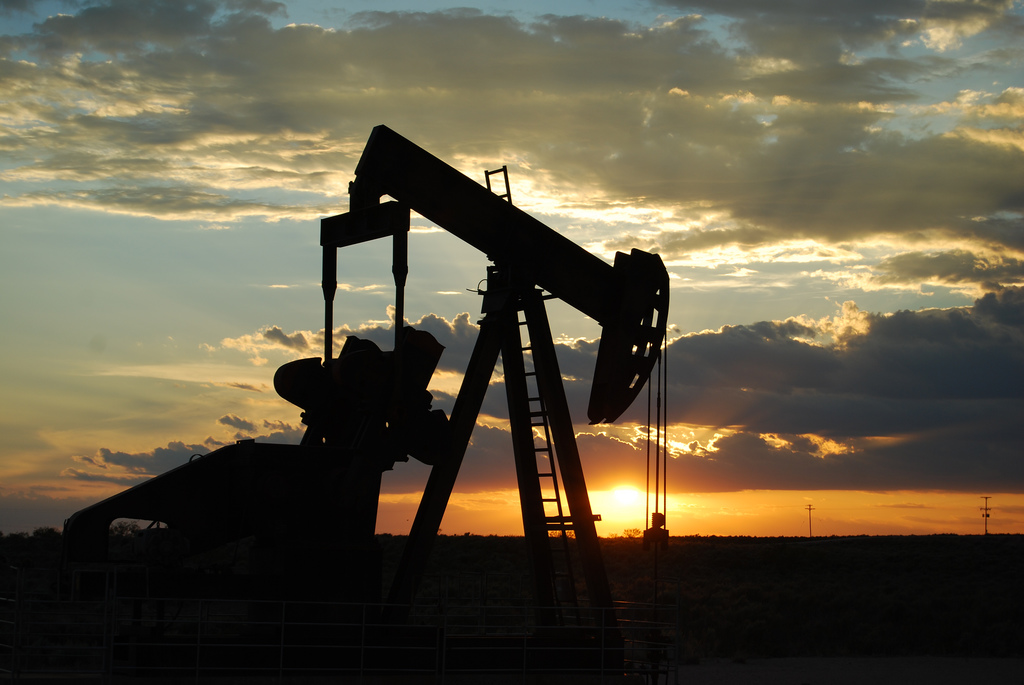
Judgement Day for North Dakota’s Water Protectors
Later today the U.S. District Court in Columbia is expected to decide whether construction of the highly controversial North Dakota Access Pipeline can continue.
Read the latest insights and analysis from the experts at Oil Change International.

Later today the U.S. District Court in Columbia is expected to decide whether construction of the highly controversial North Dakota Access Pipeline can continue.

One of the most important battles against pipeline expansion in North America is happening right now in North Dakota.

According to a new analysis the US now holds more oil reserves than Saudi Arabia and Russia, the first time this has happened. The crux though will be whether the US shale industry can access the finance to carry on exploiting shale. And that remains to be seen.

There are a staggering amount of old and new wells with the potential to release methane. At least 3.5 million wells have been drilled in the US, with a quarter of those still active. Many old and new ones are leaking the potent greenhouse gas.

The political and regulatory fall-out from the crude by rail crash in the Colombia River Gorge earlier this month is still continuing.

The fallout from Friday’s crude by rail crash in the Columbia River Gorge in Oregon is intensifying after numerous local elected officials called for a temporary halt to the so-called “bomb trains” through the area until the cause of the crash is known and wreckage cleared. However, the company involved, Union Pacific, has blataently ignored their concerns and started running trains again, even though the clean-up of the crash site is still ongoing.

The safety of crude by rail trains looks set to rocket up the political agenda again after a Union Pacific train carrying volatile Bakken crude derailed and exploded in Oregon's beautiful Columbia River gorge on Friday.

As the fossil fuel disinvestment movement gathers a pace, the loses of US oil companies have reached record levels.

For some time now scientists have been warning about the dangers of fracking and toxic chemicals and how they might include carcinogens, reproductive toxicants and what are known as endocrine disrupting chemicals or EDCs.

Eventually what goes down, must come up. And to the relief of everyone in the oil industry, the global energy watchdog, the International Energy Agency (IEA) believes that there are signs that oil prices "might have bottomed out.”